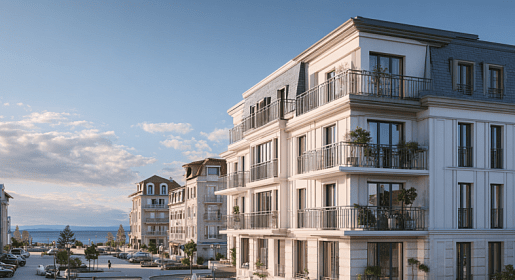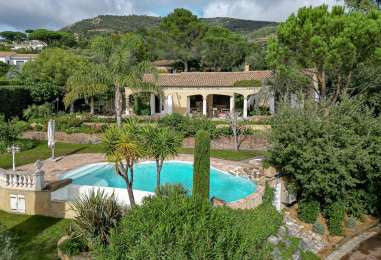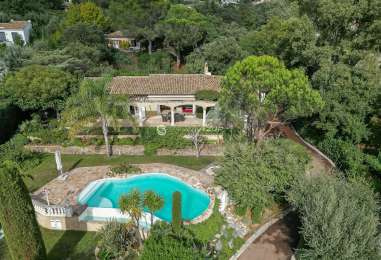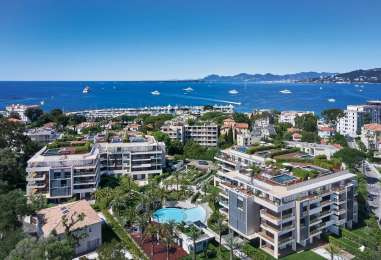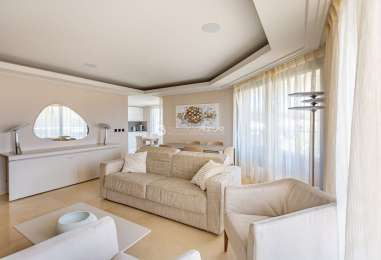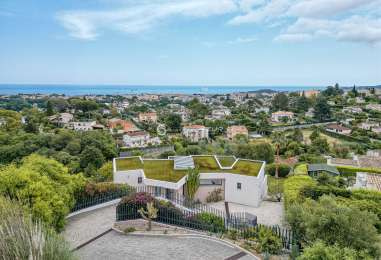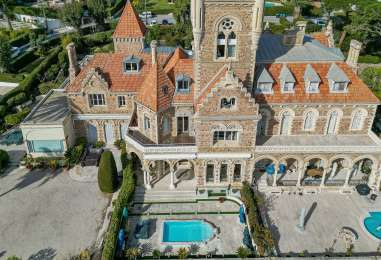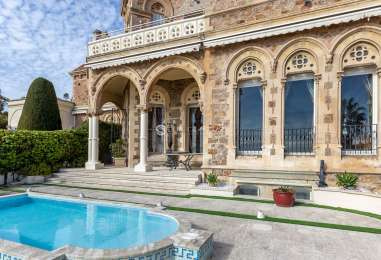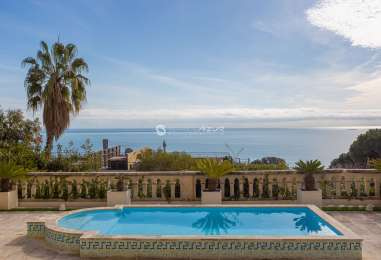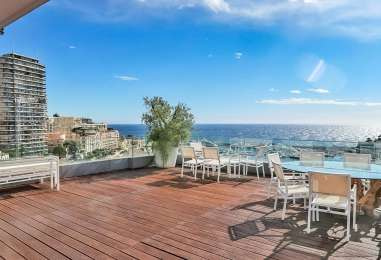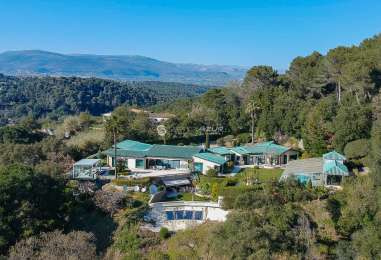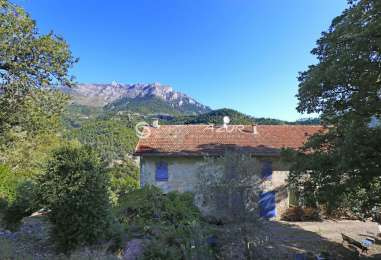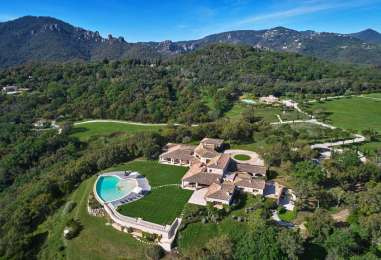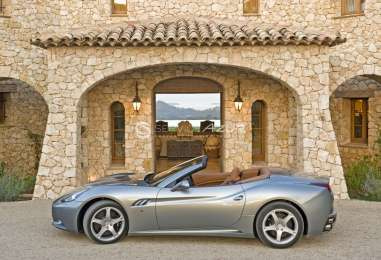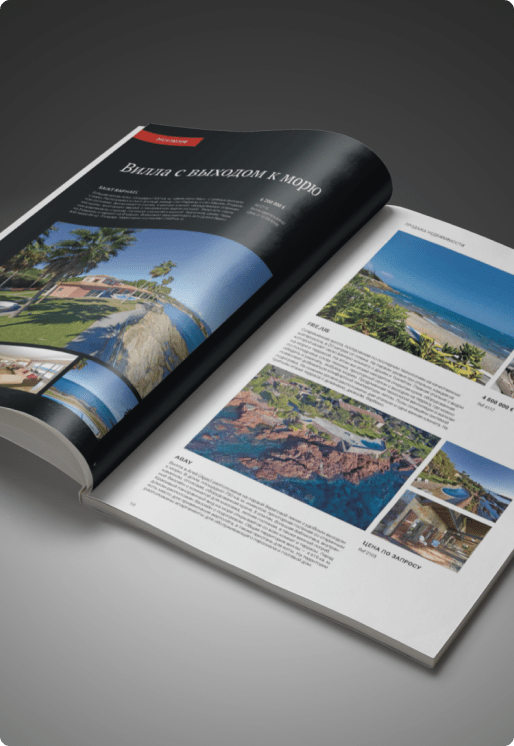Démembrement de propriété in France is a legal tool for property transfer and tax optimization.
What is démembrement de propriété?
Under French property law, full ownership (pleine propriété) can be divided into two distinct rights:
-
Usufruit — the right to use a property and to receive income from it (to live in it or rent it out).
-
Nue-propriété — or “bare ownership”, meaning the right to dispose of the property (sell, gift, transfer), but without using it or receiving income from it until the usufruct ends.
Formula:
Pleine propriété = Usufruit + Nue-propriété
When this division occurs as part of a gift or inheritance, it is known as a démembrement de propriété. This mechanism allows property to be transferred gradually, helps to reduce inheritance tax, and protects family interests across generations.
Rights and duties of each party
| Party | Rights | Duties / Restrictions |
|---|---|---|
| Usufructuary |
– Use the property (live in it or rent it out) – Receive income (rents, interest, etc.) |
– Maintain the property and pay routine charges (taxes, utilities, etc.) – Keep the property in good condition throughout the usufruct period – Must obtain the bare owner’s consent to sell the full ownership |
| Bare owner (nu-propriétaire) |
– Can dispose of their share (sell, gift, mortgage) – Automatically becomes full owner when the usufruct ends |
– Cannot use or receive income from the property during the usufruct period – Responsible for major structural repairs (French Civil Code, Article 606) |
Selling a property under divided ownership
Neither the usufructuary nor the bare owner can sell the entire property alone, as each holds only part of the ownership rights. A sale of the full ownership (pleine propriété) requires both parties to agree.
However, each party may sell their own right — either the usufruct or the bare ownership — separately. The buyer must then respect the existing rights of the other party.
Possible sale scenarios
| Scenario | Who can act | What is sold | Consent from the other party |
|---|---|---|---|
| Sale of full ownership | Usufructuary + Bare owner | Full ownership | Yes |
| Sale of usufruct only | Usufructuary | Right of use (temporary) | No |
| Sale of bare ownership only | Bare owner | Ownership without the right of use | No |
| Court-ordered sale | Judge | Sale with proceeds divided between parties | Exceptional cases only |
How the sale proceeds are shared
When both parties agree to sell, the sale proceeds are divided according to the age of the usufructuary, as defined by the official French tax table:
| Age of usufructuary | Usufruct share | Bare ownership share |
|---|---|---|
| Under 21 years | 90% | 10% |
| 51–60 years | 50% | 50% |
| 71–80 years | 30% | 70% |
| Over 91 years | 10% | 90% |
Example from real life
Mrs. Dupont (65 years old) is the usufructuary, and her son is the bare owner of an apartment in Nice worth €1,000,000.
They decide to sell the property together.
According to the tax table (age 65): usufruct = 40%; bare ownership = 60%.
After the sale, Mrs. Dupont receives €400,000, and her son €600,000.
If Mrs. Dupont had sold only her usufruct, the buyer would have acquired a temporary right of use lasting until her death.
Conclusion
The démembrement de propriété (division of ownership) is a powerful and flexible instrument in French inheritance and tax planning.
It allows to:
-
transfer property during one’s lifetime;
-
retain the right of use;
-
protect family interests;
-
reduce tax burden.




